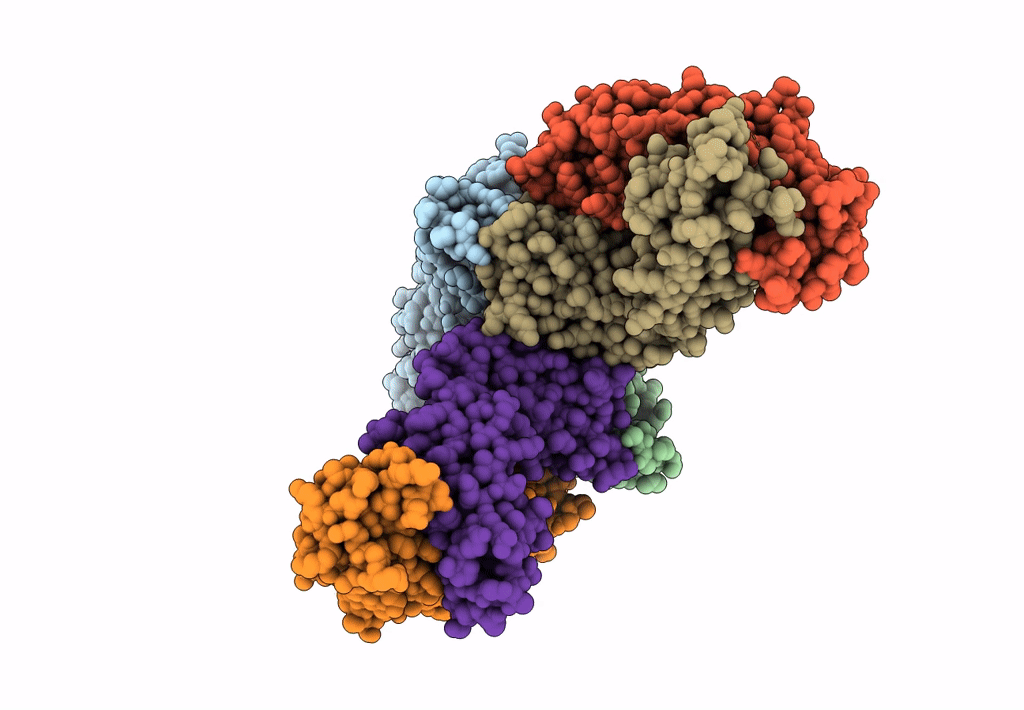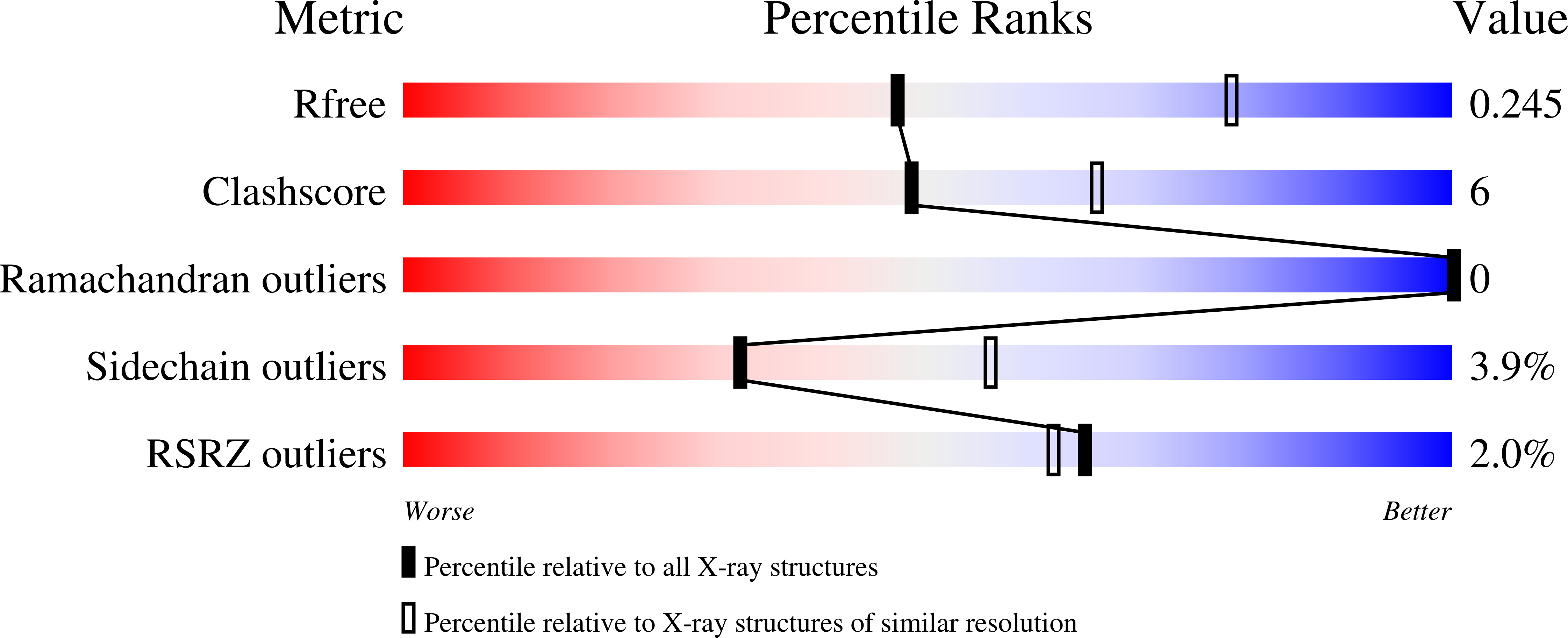
Deposition Date
2022-08-10
Release Date
2023-06-28
Last Version Date
2024-11-13
Entry Detail
PDB ID:
8E1G
Keywords:
Title:
SARS-CoV-2 RBD in complex with Omicron-neutralizing antibody 2A10
Biological Source:
Source Organism:
Homo sapiens (Taxon ID: 9606)
Severe acute respiratory syndrome coronavirus 2 (Taxon ID: 2697049)
Severe acute respiratory syndrome coronavirus 2 (Taxon ID: 2697049)
Host Organism:
Method Details:
Experimental Method:
Resolution:
2.57 Å
R-Value Free:
0.24
R-Value Work:
0.19
R-Value Observed:
0.19
Space Group:
P 21 21 21


